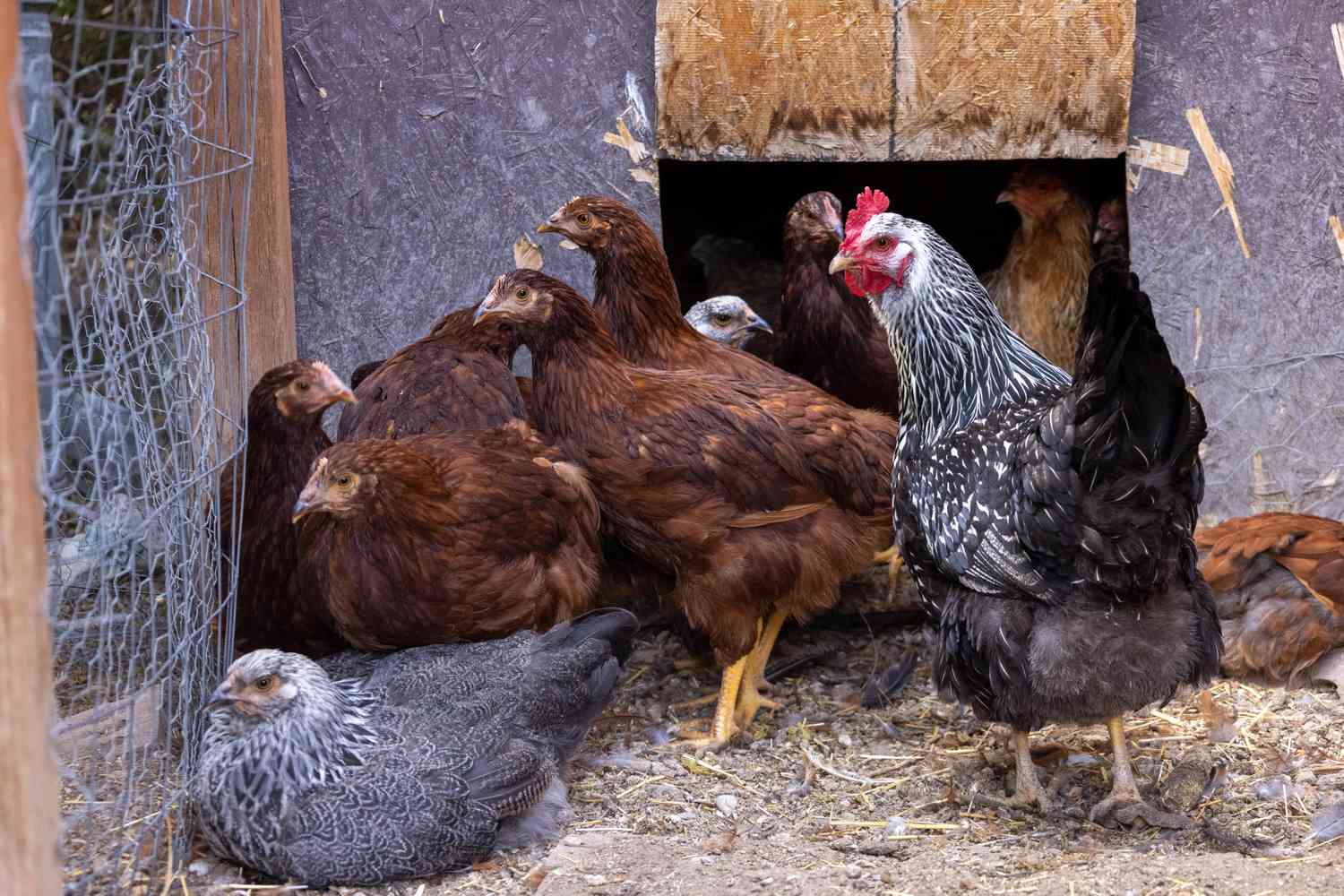Starting a hen business (poultry farming) can be a lucrative and fulfilling venture, especially with the increasing demand for eggs and poultry meat. Whether you’re planning to focus on egg production, meat production, or both, this guide will walk you through the essential steps to launch your hen business successfully.

Why Start a Hen Business?
- High Demand: Eggs and poultry meat are staple foods consumed worldwide.
- Profit Potential: With proper management, a hen business can yield consistent profits.
- Low Startup Cost: You can start small and scale up as your business grows.
- Quick Returns: Hens start laying eggs within 5-6 months, ensuring faster returns on investment.
Make sure Organic hens are better to feed and future demand.
take 100 chicks per chick is 50 rupees
feed the chick for 1 year the weight will be 2kgs per chick per one kg is 350 rupees
average cost of hen is 500 after removing wastage.
per hen cost is 500 rupees
500*100=50000 rupees
initial investment 100*50=5000 rupees and feed coast and transport, medicine 15,000 rupees total investment 20,000
profit is 50000-20000=30000 per year.
Note : make sure November, December, January Diseases are there.
Step-by-Step Guide to Start a Hen Business
1. Conduct Market Research
- Understand Demand: Analyze the demand for eggs and poultry meat in your target area.
- Identify Competitors: Study existing poultry farms to identify gaps and opportunities.
- Target Audience: Determine your customer base (local markets, restaurants, wholesalers, etc.).
2. Create a Business Plan
- Define Your Niche: Decide whether you’ll focus on egg production, meat production, or both.
- Budgeting: Estimate startup costs, including housing, feed, and equipment.
- Revenue Model: Plan your pricing strategy and sales channels (direct sales, wholesale, etc.).
3. Choose the Right Location
- Space Requirements: Ensure you have enough land for the hen house, feeding area, and waste management.
- Accessibility: Choose a location with easy access to markets and transportation.
- Environmental Factors: Ensure the area is free from predators and has a reliable water supply.
4. Build the Hen House
- Design: Construct a well-ventilated, spacious, and secure hen house.
- Materials: Use durable and easy-to-clean materials like wood or metal.
- Nesting Boxes: Provide nesting boxes for egg-laying hens.
- Lighting: Install proper lighting to stimulate egg production.
5. Purchase Hens and Equipment
- Choose the Right Breed:
- For egg production: Consider breeds like White Leghorn or Rhode Island Red.
- For meat production: Consider breeds like Broilers or Cornish Cross.
- Equipment: Invest in feeders, waterers, incubators, and egg trays.
6. Ensure Proper Feeding and Care
- Feed: Provide high-quality feed with the right balance of nutrients.
- Water: Ensure a constant supply of clean water.
- Healthcare: Vaccinate hens regularly and monitor for diseases.
7. Register Your Business
- Choose a Business Name: Pick a unique and memorable name for your hen business.
- Legal Structure: Register your business as a sole proprietorship, partnership, or LLC.
- Licenses and Permits: Obtain necessary licenses, such as:
- FSSAI license (Food Safety and Standards Authority of India).
- Local municipal licenses.
- GST registration.
8. Build Your Brand
- Brand Name and Logo: Create a professional brand identity.
- Packaging: Use attractive and hygienic packaging for your eggs and meat.
- Marketing: Promote your business through:
- Social media platforms.
- Local advertisements.
- Word-of-mouth referrals.
9. Set Up Distribution Channels
- Direct Sales: Sell directly to households or local markets.
- Wholesale: Partner with grocery stores, restaurants, and supermarkets.
- Online Sales: Sell through your website or e-commerce platforms.
10. Launch Your Business
- Soft Launch: Start with a small group of customers to test your operations.
- Grand Opening: Organize a launch event to attract customers and create buzz.
Cost of Starting a Hen Business
The initial investment depends on the scale of your business. Here’s a rough estimate:
- Small-Scale Business: ₹50,000-1 lakh (for 100-200 hens and basic equipment).
- Medium-Scale Business: ₹2-5 lakhs (for 500-1,000 hens and advanced equipment).
- Large-Scale Business: ₹10 lakhs+ (for a fully equipped poultry farm with thousands of hens).
Tips for Success
- Focus on Quality: Ensure your eggs and meat are fresh and free from contamination.
- Build Trust: Offer consistent quality and excellent customer service.
- Diversify Products: Consider selling value-added products like processed chicken or organic eggs.
- Leverage Technology: Use software for inventory management, delivery tracking, and customer feedback.
Challenges in the Hen Business
- Disease Management: Hens are susceptible to diseases, so regular vaccination and monitoring are crucial.
- Competition: Compete with established brands and local vendors.
- Logistics: Ensure timely delivery to maintain product freshness.
- Regulatory Compliance: Adhere to strict quality and safety standards.
Conclusion
Starting a hen business requires careful planning, investment, and dedication, but the rewards can be significant. By focusing on quality, customer satisfaction, and innovation, you can build a successful and sustainable poultry business. Whether you’re focusing on egg production, meat production, or both, the key is to deliver fresh, high-quality products that meet the needs of your customers.
Call-to-Action
Ready to start your hen business? Begin by conducting market research and creating a solid business plan. With the right strategy and execution, you can turn your poultry farming dreams into reality




